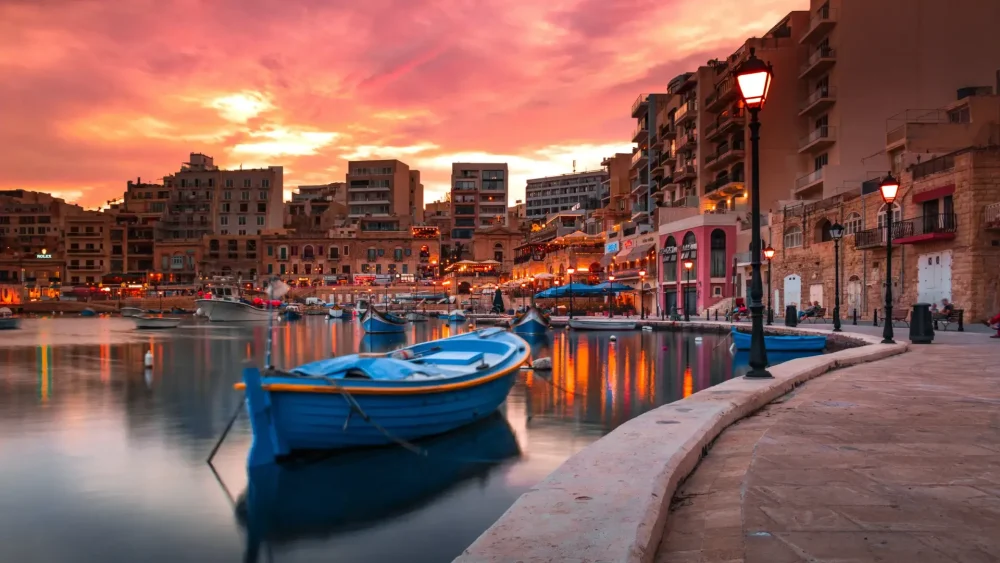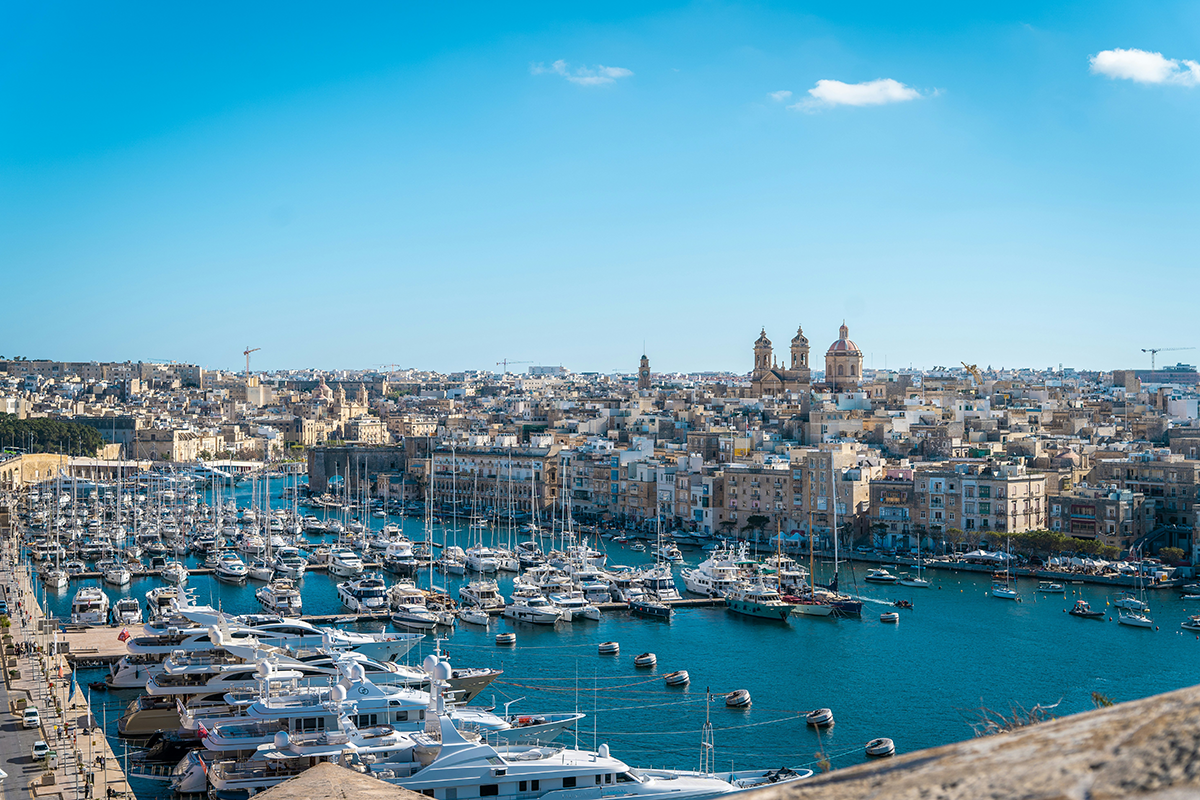In the modern world, the concept of freedom of movement and global access to quality services is directly linked to the possibility of obtaining a second passport. The advantages of Maltese citizenship become particularly relevant in 2025 against the backdrop of unstable geopolitics and increasing demand for a secure life in the European Union.
Due to its strategic location, economic stability, and well-thought-out immigration policy, Malta attracts both investors and families aspiring to a better future.

Obtaining Maltese Citizenship through Investment
One of the most popular ways to migrate to the island remains obtaining Maltese citizenship through investment. Through a state program approved by the European Union, foreigners gain access to a high standard of living in Europe in exchange for investments. The minimum investment amount is €600,000 with a requirement of five years of residency or €750,000 for an accelerated procedure.
The program involves investments in real estate as well as a charitable contribution to the National Development Fund. Applicants must undergo a rigorous reliability check. Malta’s investment program stands out for its high transparency and the guarantee of obtaining a passport when all requirements are met.
European Integration as a Key Motive
By acquiring Maltese citizenship, an investor automatically becomes a citizen of the European Union. This opens up access to a range of opportunities: Schengen, visa-free entry to more than 180 countries, including the USA, Canada, UK, Australia, as well as freedom of movement, work, and study in any EU country.
The advantages of Maltese citizenship are particularly significant for those building an international career or planning to educate their children in leading European universities. The opportunity for legal employment in Germany, France, Austria, or the Netherlands without visa restrictions makes the passport a tool for strategic life planning.
Advantages of Maltese Citizenship: Extended Rights and Freedoms
One of the arguments in favor of obtaining a second passport is the broad social and economic rights. The country has laws aimed at protecting private property, facilitating business opening, and offering favorable taxation for new residents. Below are the key economic and social benefits:
- access to one of the most stable economies in the Eurozone;
- the ability to conduct business without restrictions in EU countries;
- a system of preferential taxation for investors;
- participation in the healthcare program;
- inclusion in the pension system and social insurance.
Thus, the advantages of Maltese citizenship allow not only geographical relocation but also significantly improve the financial and legal conditions of existence.
Education and Healthcare: Significant Benefits Provided by Maltese Citizenship
The country’s state schools and universities operate in English, which is convenient for foreigners. Private educational institutions accredited under the British system are also available. The advantages of Maltese citizenship include the opportunity to educate children for free in the best state schools and to enroll in EU universities on equal terms with other EU citizens.
The healthcare system in the country is one of the most efficient in Southern Europe. Passport holders have access to quality medical services, including dentistry, oncology care, and prevention. Additionally, citizenship provides insurance coverage throughout the EU, significantly expanding the range of available healthcare.
Why is Family One of the Arguments in Favor of Relocation?
The program for obtaining Maltese citizenship through investment extends not only to the applicant but also to their family. This means that the spouse, children up to 29 years old, and dependent parents also receive a passport. This decision is particularly valuable for those planning to integrate their family into European society—from education and healthcare to inheritance rights. The main reasons families choose Malta include:
- safety and political stability;
- access to the EU healthcare and education system;
- high quality of life;
- favorable climate and ecology;
- tax optimization of family capital;
- asset protection in the legal field of the EU;
- guarantees of property rights and personal freedom.
Thus, the advantages of Maltese citizenship become a tool for strategically protecting the interests of family and business.
Stability and Economic Future
In the conditions of global instability, Malta offers an attractive combination of political neutrality, economic growth, and a transparent financial system. The island has reliable international partnerships, including membership in the Schengen Area, the European Union, and the UN.
For many affluent citizens and investors, obtaining Maltese citizenship is a long-term strategy to exit unstable regions and provide children with a stable European future. The country’s development forecasts, favorable investment environment, and minimal geopolitical risks make Maltese citizenship a particularly valuable resource.

Is It Worth Obtaining Maltese Citizenship?
Against the backdrop of tightening migration rules and economic crises in many countries, the advantages of Maltese citizenship come to the forefront. The program for obtaining a passport through investment not only ensures freedom of movement but also protects assets, expands business horizons, and guarantees a decent future for oneself and one’s family.
Among European countries, Malta stands out for favorable naturalization conditions, a lenient tax system, and ample opportunities for relocation!
 en
en  de
de  ar
ar  es
es  hi
hi  fr
fr  nl
nl  it
it  pt
pt  el
el 









